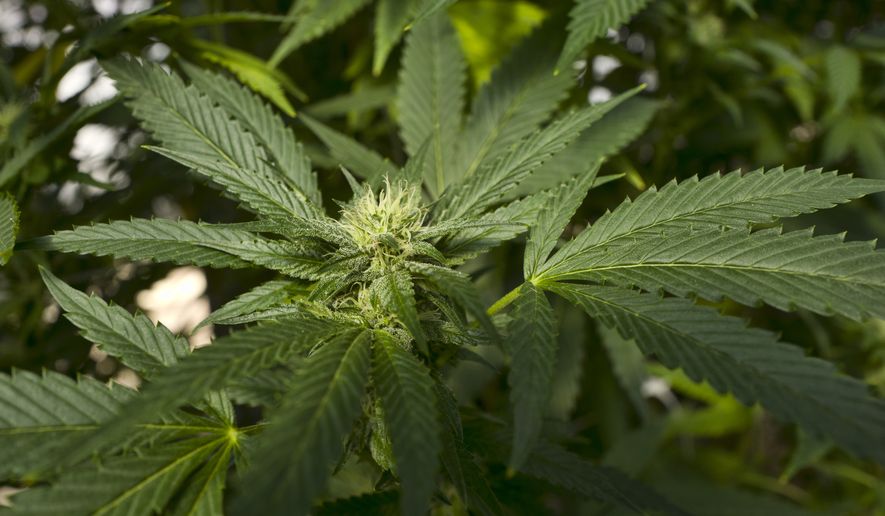A top Treasury Department official called Wednesday for Congress to resolve the banking issues caused by the conflict between state and federal marijuana laws.
“Congress is going to have to act at the national level to legalize marijuana if they want those entities involved in that business to utilize the U.S. banking system,” said Joseph Otting, a former banking executive appointed comptroller of the currency by President Trump in 2017.
“I would hope by 2020 we can get this issue resolved,” added Mr. Otting, Politico first reported.
Thirty-three states have legalized marijuana for either medicinal or recreational purposes, including seven with systems in place for purchasing the plant from licensed retail dispensaries. Marijuana remains illegal under federal law, however, placing most states in direct conflict with federal prohibition and subsequently creating obstacles for cannabis industry stakeholders throughout the country.
Banks are often reluctant to do business with marijuana companies given the plant’s status as a federally controlled substance, and related restrictions have prevented researchers from using government funds to study its effects.
A former president of both OneWest Bank and CIT Group, one of the nation’s largest banks, Mr. Otting is not the only official of his ilk to seek clarity from Congress lately on the topic of marijuana legalization.
“Many state laws permit the use of marijuana, but federal law doesn’t, so that puts federally chartered banks in a difficult situation,” Federal Reserve Chairman Jerome Powell said in June 2018. “I think it would be great if that could be clarified.”
Treasury Secretary Steven Mnuchin said that same month that “we do want to find a solution to make sure that businesses that have large access to cash have a way to get them into a depository institution for it to be safe.”
More recently, William Barr, Mr. Trump’s nominee for attorney general, touched on the topic Tuesday during his confirmation hearing on Capitol Hill.
“I think it’s incumbent on the Congress to make a decision as to whether we are going to have a federal system,” he told senators, adding that he would “not go after” marijuana companies doing business in legal pot states.
Lawmakers have introduced several marijuana reform bills since the 116th Congress started earlier this month, including proposals that would prohibit the government from interfering in state-legal marijuana programs and remove the plant from its placement under the U.S. Controlled Substances Act.
“This will be the most pro-cannabis Congress in history,” Rep. Earl Blumenauer, Oregon Democrat, said last week.
Mr. Trump has said that he supports letting states decide whether or not to legalize marijuana, and the White House previously confirmed that the president would support a bill prohibiting the federal government from interfering in states that permit the plant.
• Andrew Blake can be reached at ablake@washingtontimes.com.




Please read our comment policy before commenting.